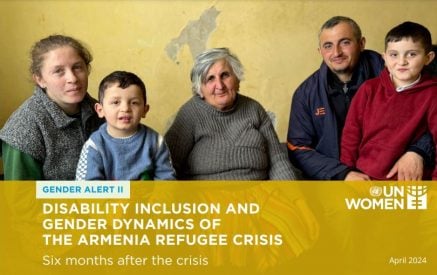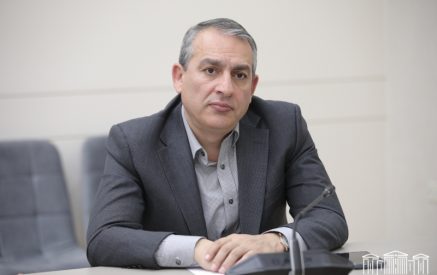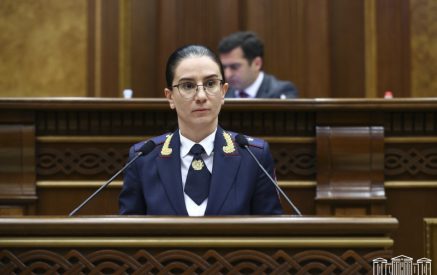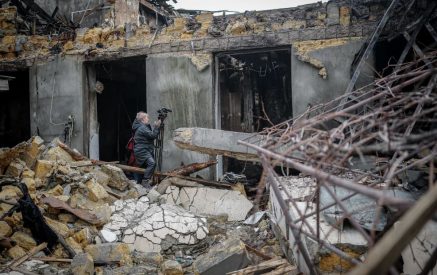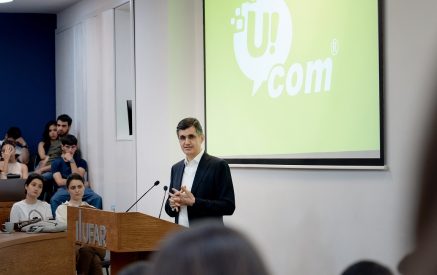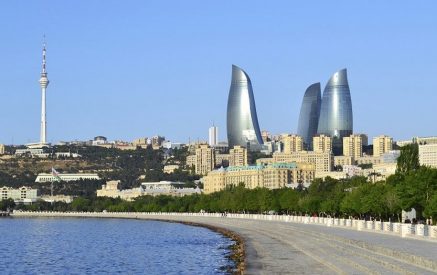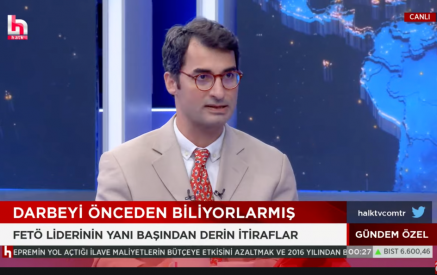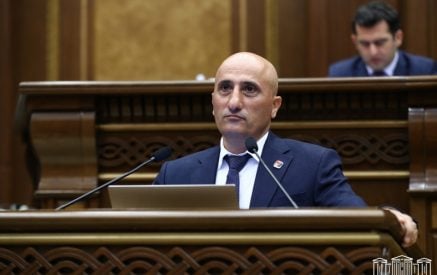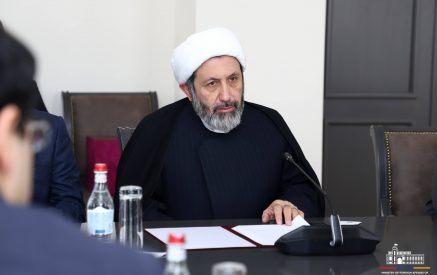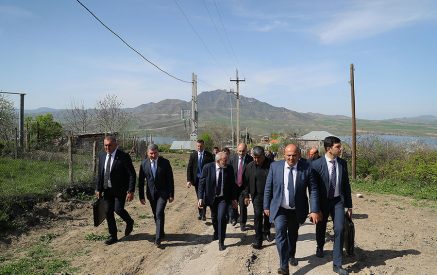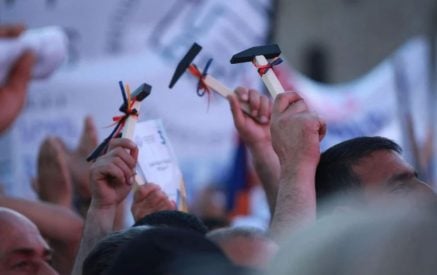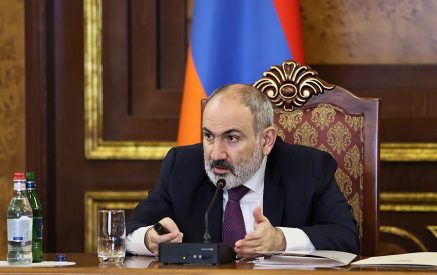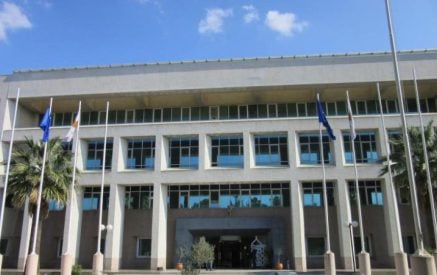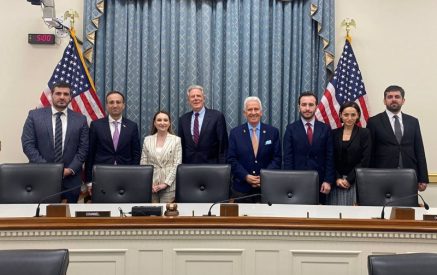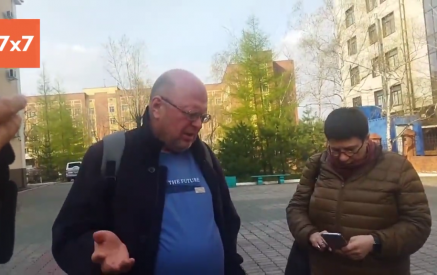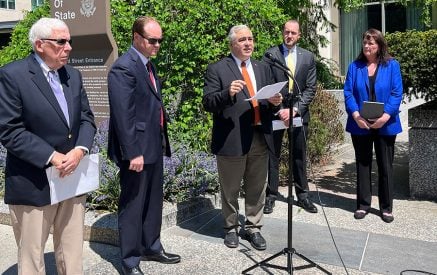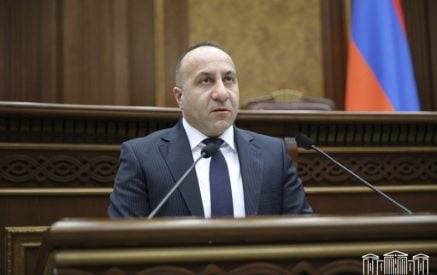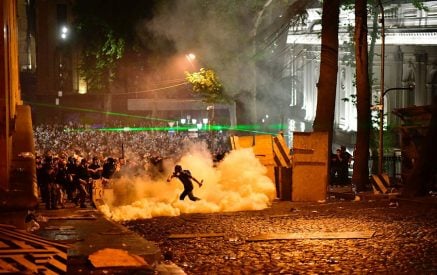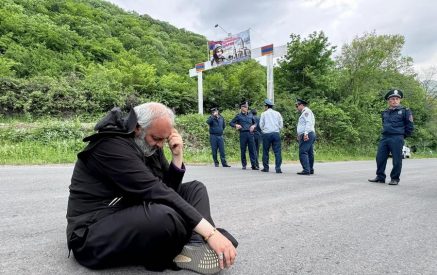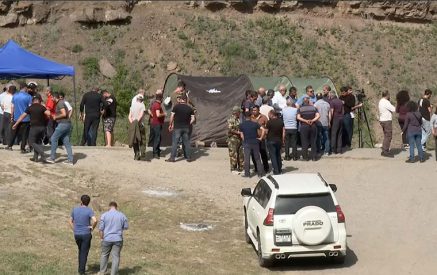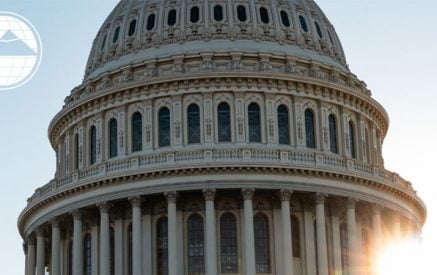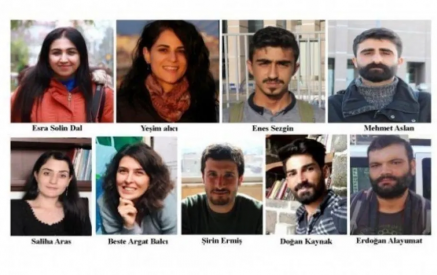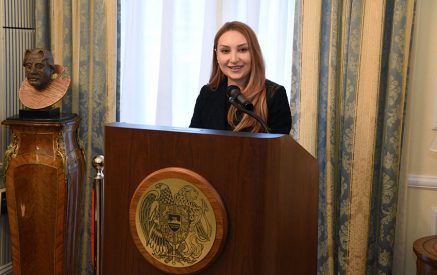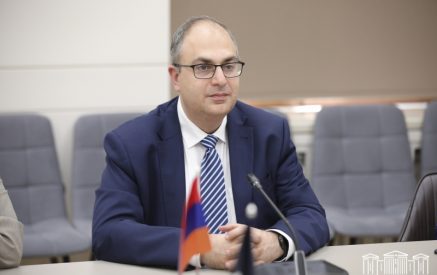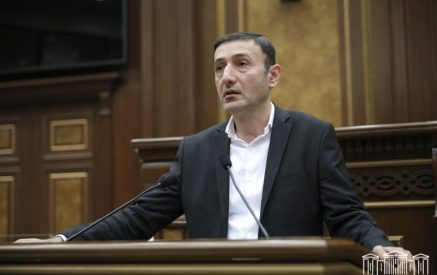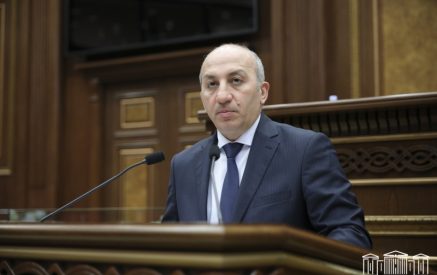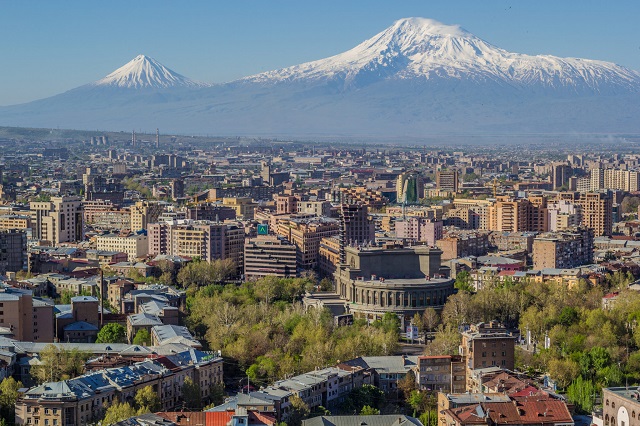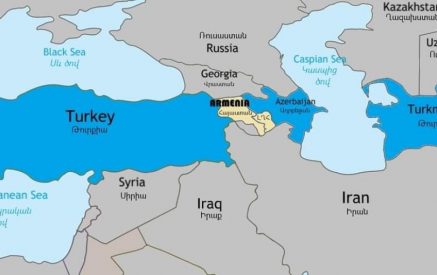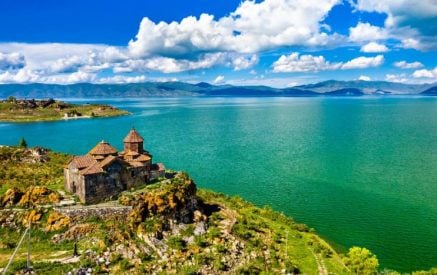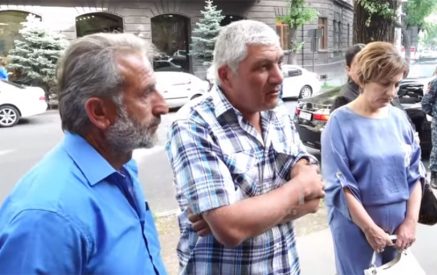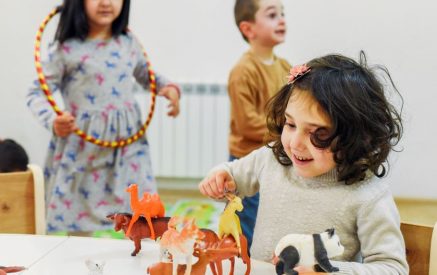The Armenian Weekly. My son [NAME REDACTED] is about four months old now, and despite his inability to speak, he’s become quite communicative. My wife says he’s trying to bond with me, and what he really wants is for me to talk back to him. Since he seemed particularly chatty this weekend, I thought I’d strike up a conversation. Naturally, I first brought up the weather. I also inquired about his views on dividend investing. Then, as I casually leaned up against the door frame, I let out a “Crazy times we’re livin’ here, eh?” — nothing. The muted howling noises only increased in intensity.
Out of ideas, I reached for the nearest book. ‘All he really wants is to hear the sound of my voice,’ I thought to myself as I flipped the cover and started reading:
“In my younger and more vulnerable years my father gave me some advice that I’ve been turning over in my mind ever since. Whenever you feel like criticizing anyone, he told me, just remember that all the people in this world haven’t had the advantages that you’ve had.”
The room suddenly fell quiet as my son’s deep blue eyes fixated on mine, evidently hanging on to every word I uttered. [NAME REDACTED]’s occasional coos gradually took on a flair of enthusiasm as I read on, as if to point me to his grasp of the novel’s central theme: the green light emanating from across the sound is not (as some suggest) a symbol of his desire for Daisy, but a literary manifestation of the American Dream. The great tragedy at the core of this story—as my son’s incoherent babbling adumbrated—is that for Gatsby, it would forever remain out of reach. For, despite its perfunctory absence of aristocracy, America remained an inherently classist and static society, whose ladders no amount of acquired wealth and assumed status could scale. Upward mobility, it seems, is a myth.
Read also
[NAME REDACTED]’s assessment made sense. How had I not considered this interpretation before? Indeed, for narrator Nick—much like Fitzgerald himself—Gatsby’s ultimate demise (both narrative and literal) in pursuit of this dream signals an abrupt disillusionment with the aspirational distortions in the promise of America. Maybe, I thought to myself, Armenians might find resonance in Gatsby’s character. As Nick puts it, “Gatsby believed in the green light, the orgastic future that year by year recedes before us. It eluded us then, but that’s no matter—tomorrow we will run faster, stretch out our arms farther…”
Now, what does The Great American Novel have to teach us about repatriation to Armenia? Perhaps it serves as a cautionary tale for those whose thoughts of immigration are fraught with unrealistic expectations. Maybe my four month-old truly is the eminent literary critic of our times. Or—much more likely—I just happened to have reread The Great Gatsby recently and shoehorned it into this unnecessarily elaborate segue into the topic I actually want to discuss: now is as good a time as any to plan a move to Armenia.
Armenia, like the rest of the world, is still in the midst of containing the coronavirus pandemic and dealing with the inevitable repercussions. But despite disruptions to business, travel, international trade and foreign investments, Armenia is projected to experience the least severe economic contraction in Europe, if the latest IMF data is to be believed.
While the pandemic and subsequent emergency in Lebanon have temporarily delayed plans to foster large-scale repatriation, Armenia still needs its repatriates. The country’s post-COVID recovery will largely depend on its Diaspora’s readiness to advocate, book flights, visit, invest, move, start families and contribute. As our compatriots from Beirut are already in the process of discovering, the goal remains the same: to strengthen Armenia’s position as a safe haven for all of us.
Of course, dropping a life and moving to another country is easier said than done, granted. But that’s not what I’m telling you to do. I’m just saying that if this pandemic comes with a silver lining, it’s that it has opened up new possibilities for the location-independent. In eight months, we’ve accelerated the process of developing contactless interaction further than we had in a decade before. If remote work was previously an option for the privileged few, it is now almost expected of many professions. With so many industries adapting to the technical necessities and realities of telecommuting, who needs to know that you’re logging into your Zoom call from Tsaghkadzor rather than Denver?
Digital nomadism is just one of the ways in which the virus and technology have teamed up to make the experience of repatriation as seamless as ever. Resources like Repat Armenia and a vast network of Armenians who have already made the move are always ready to help you lay down roots, share advice and welcome you into this community.
Most of you will quickly discover that there is something here for everyone. Miss off-roading in Moab? Take your 4Runner to Vayots Dzor. “But I usually like to go leaf peeping in Vermont,” you say. To that I answer, “DILIJAN.” Planning on joining a militia in the Ozarks? Well, we got that too (sort of). In return, Armenia offers a refuge from devastating forest fires, right-wing shooters, left-wing rioters, gators (I guess? If you live in Florida?), unchecked “Mexican beer,” or possibly-senile leaders (that last dig is equally applicable, so pick the one you want).
The novel, as many of you may recall, concludes with a disenthralled Nick Carraway returning home “to the Middle-West.” For Armenians longing for home in these troubled times, maybe they could find it in the “Middle-East” (well, wherever Armenia is located).
Raffi Elliott
Caption: The Yerevan skyline (Photo: Serouj Ourishian/Wikimedia Commons)



